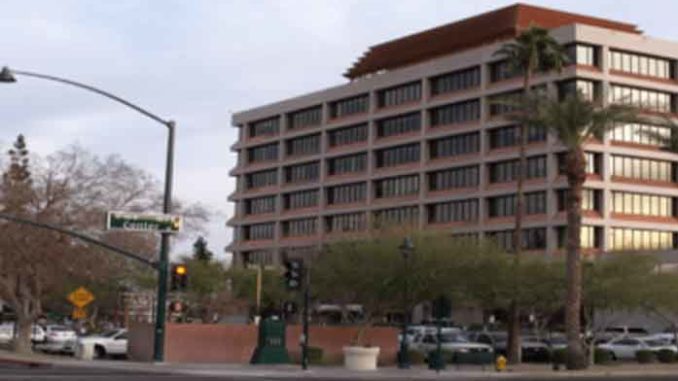
On Monday, February 22, the Mesa City Council will consider a new ordinance to add sexual orientation and gender identity to the protected classes in the city’s nondiscrimination laws. While the new rules are welcome by city leaders and residents, how they will be implemented has raised concerns.
The “nondiscrimination laws” which are meant to be a shield to protect people from unjust discrimination have raised concerns for parents of young children and individuals with closely held religious beliefs.
For young parents, the prospect of allowing children to use bathroom facilities with people who identify as sharing the same gender but are of the opposite sex has raised both safety and privacy concerns.
For religious advocates, like Cathi Herrod director of the Center For Arizona Policy (CAP), the concern is that the “ordinance would be used as a sword against individuals and organizations who have a historic understanding of marriage and gender.”
Supporters say the ordinance would merely replace the city’s existing fair housing code to provide a much broader set of protections, some of which already exist under state and federal law.
In contrast, Herrod’s group claims that the proposal would mean the following:
● Fitness centers, water parks, public swimming pools, and similar facilities would have to allow all men identifying as women access to women’s showers, locker rooms, and bathrooms.
● Women’s domestic violence shelters would be forced to allow a man identifying as a woman to share living quarters, showers, and bathrooms with vulnerable and abused women.
● Sex-specific jobs like an employee at a women’s shelter could not be denied to a man identifying as a woman.
● Faith-based adoption agencies would be forced to choose between placing children in same-sex households against their beliefs or closing down their adoption services.
● Wedding vendors like cake bakers and florists would be forced to choose between their livelihood and their faith.
● A religious bookstore would not be free to require all employees to adhere to their religious beliefs.
Herrod and others say the proposed “ordinance undermines constitutional freedoms of speech and religion, threatens women’s and girls’ privacy, and limits religious organizations that serve communities.”
